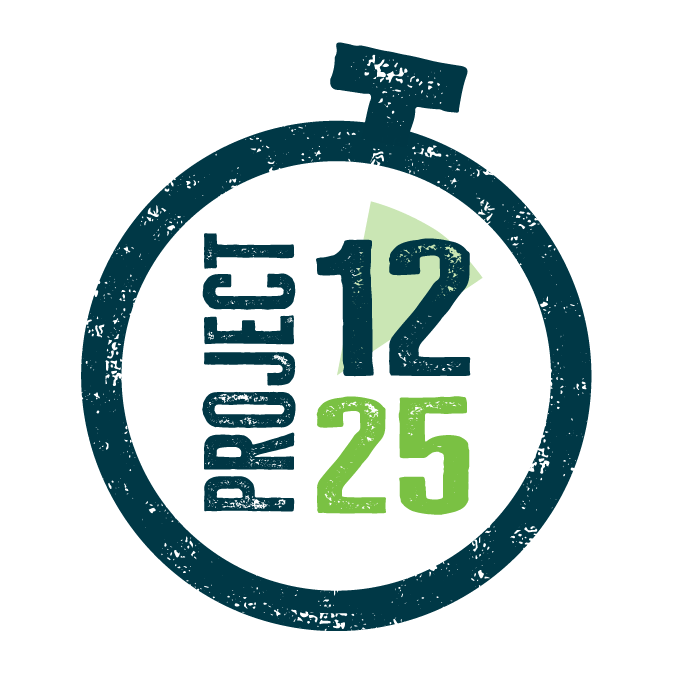Inspections that aimed to encourage the community to think about their recycling habits have been hailed a success – and efforts are set to continue, to bring others up to speed.
WasteNet Southland Director Fiona Walker said about 11,000 recycling bins throughout the Invercargill City and Southland District boundaries had been inspected since the programme began in February.
“We are really pleased with the results that have come back so far, with more than 90 percent of households now recycling correctly,” she said.
Following an inspection, recycling bins were tagged to reflect their contents.
A green tag indicated households were recycling well, while an orange tag indicated there were a few incorrect items found in a bin. A red tag indicated significant contamination.
Those who received a red tag did not have their bin collected, and needed to remove the contamination from their recycling bin prior to their next scheduled collection run.
“In comparison to contamination rates before inspections were introduced, that’s huge. Our community has put a tremendous effort into changing their recycling behaviours, and being more conscious of what they are putting in their yellow bins,” she said.
The next phase of the inspection process was implementing the three-strikes system: where households that received three red tags in a calendar year would have their recycling bin removed, and the service suspended until the resident returned a signed Reinstatement Agreement Form to reactivate the service, Walker said.
This system came into effect on 31 March 2025.
The introduction of recycling bin inspections was in response to high contamination rates, which came at a significant cost – both financially, and environmentally. It followed similar moves in areas including Dunedin, Auckland, and Christchurch, she said.
In the 2023/2024 period alone, 944 tonnes of material in contaminated recycling bins had to be redirected to landfill, at an equivalent cost of $339,000 to ratepayers, she said.
Chair of the WasteNet Joint Committee, Gore District deputy mayor Keith Hovell said alongside bin inspections, WasteNet had delivered educational information to support people to recycle correctly, and dispose of waste appropriately.
“This initiative isn’t about punishing people. It’s about empowering them, and giving them the tools to identify ways in which they can minimise waste destined for landfill,” he said.
“Early numbers indicate this initiative has been very successful at raising awareness of what can and can’t be recycled, which is great news. It’s really encouraging to see so many people coming along on the journey with us so far, and we are keen to see those numbers increase as we continue the inspection programme.
“By doing that, we are able to encourage people to think about the wider context and how their own relatively small actions can have a larger, long-lasting impact for the entire community.”
The application of the three-strikes system had also followed an educational campaign, with communications delivered to households to ensure people had been proactively informed about it, Hovell said.
The bin inspection programme did not come at an additional cost to ratepayers, as it was funded directly by WasteNet rather than being a rates-funded activity, he said.
Table 1 – Bin Inspection Monitoring Data: 10 February to 18 May 2025
| Invercargill City and Southland District combined total | |
| Green Tags Issued | 9,750 (91 percent) |
| Orange Tags Issued | 684 (6 percent) |
| Red Tags Issued | 329 (3 percent) |
| Total Bins Inspected | 10,763 |
Table 2 – Bin Inspection Multiple Inspections Monitoring Data : 31 March to 18 May 2025
| Inspection One | Inspection Two | Inspection Three | |
| Green Tag Issued | 288 (80 percent) | 329 (92 percent) | 7 (100 percent) |
| Orange Tag Issued | 32 (9 percent) | 21 (6 percent) | 0 |
| Red Tags Issued | 39 (11 percent) | 8 (2 percent) | 0 |
| Total Bins Inspected | 359 | 358 | 7 |

